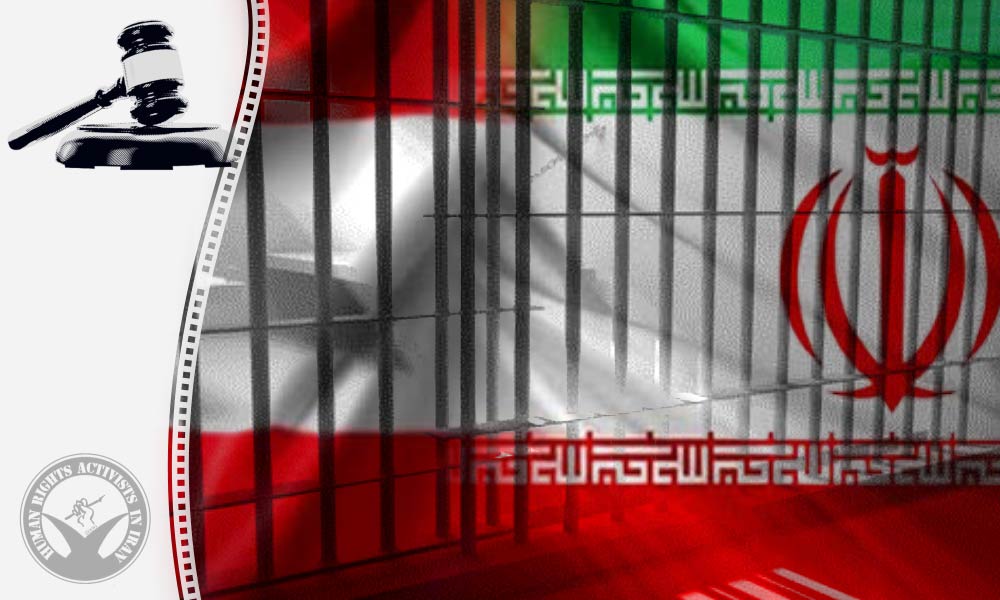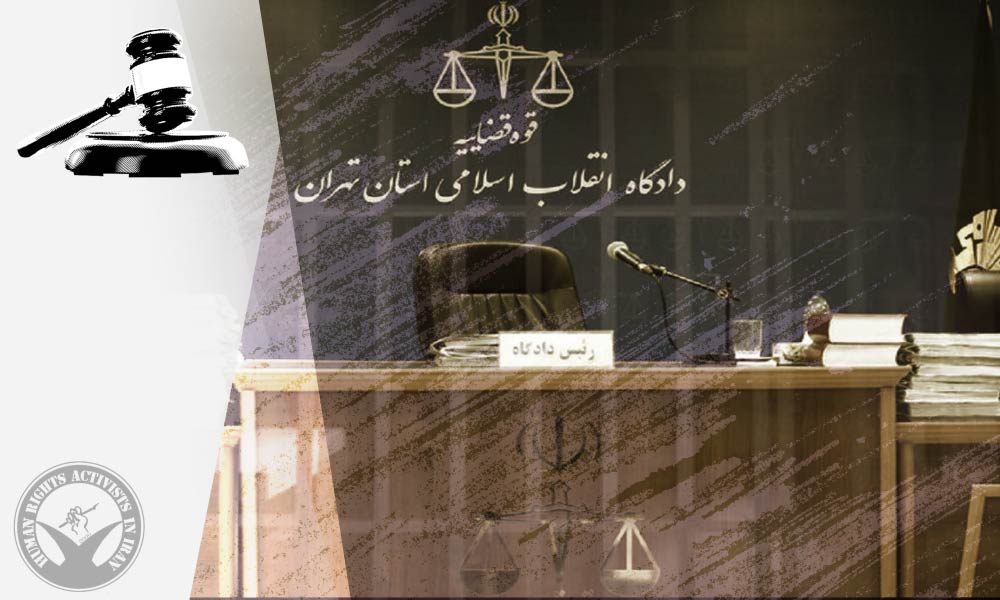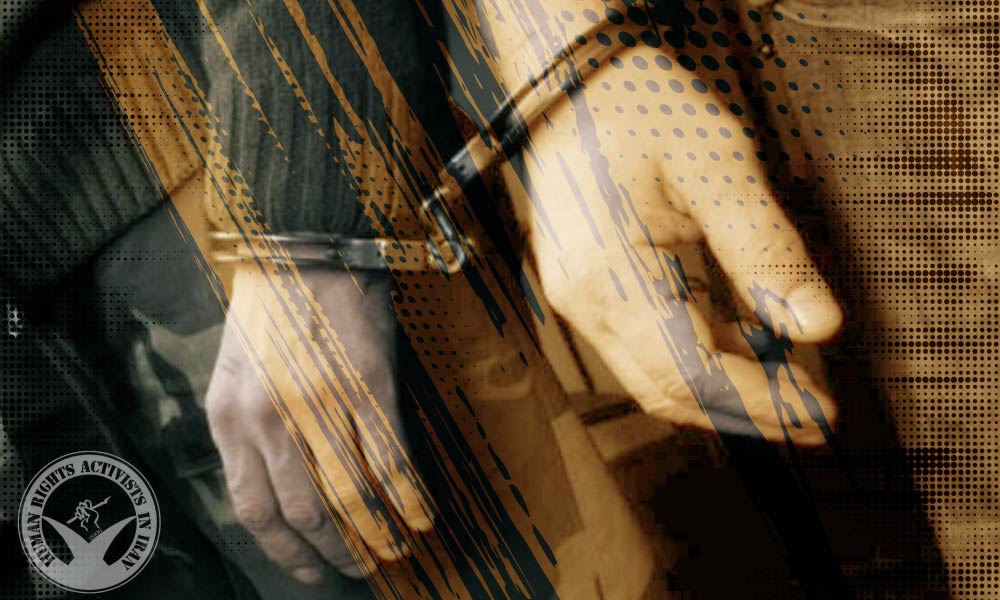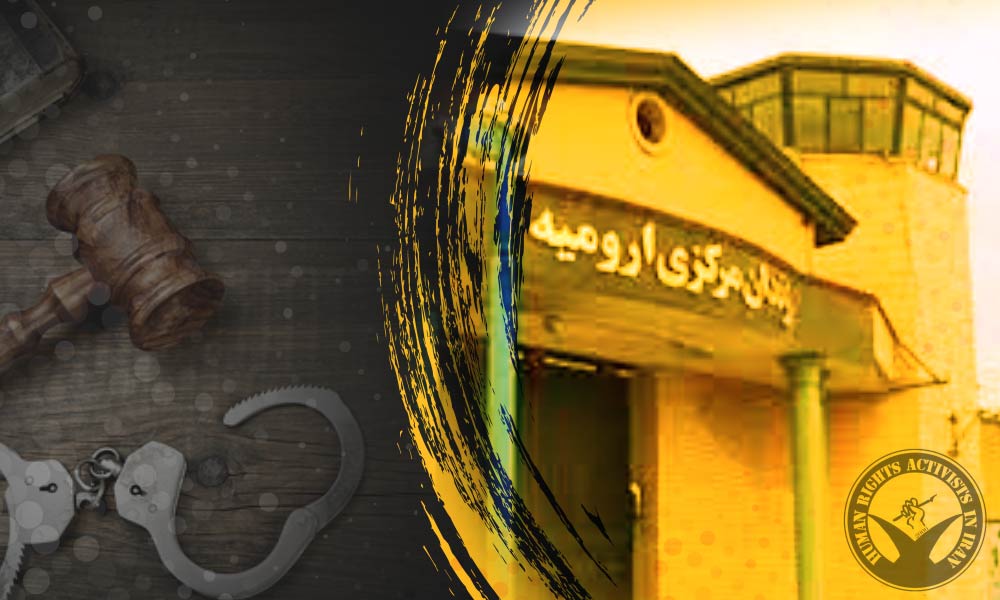HRANA – The Chief Justice of Alborz Province announced that an indictment has been issued in the case of an Iranian citizen who also holds citizenship of a European country, stating that the case is now open at the Karaj Revolutionary Court.
According to Mizan, the Chief Justice of Alborz Province stated that this Iranian citizen, who also holds the nationality of a European country, is accused of espionage for Israel. The case is currently under review by Branch 2 of the Karaj Revolutionary Court.
Hossein Fazeli-Harikandi, without mentioning the accused person’s identity, claimed: “After two years of communication and training by Mossad officers in the capitals of several European countries and the occupied territories, the defendant entered the country via air about one month before the 12-day war to carry out a mission.”
According to the Chief Justice, the arrest was carried out by Alborz IRGC Intelligence agents on the fourth day of the 12-day conflict between Israel and Iran. Fazeli-Harikandi also claimed that “certain complex espionage equipment and items” were discovered at the time of arrest.
Although combating espionage is not considered a human rights violation in itself, the Iranian government’s history of using such accusations as a tool against political dissidents, and the lack of clarity regarding the details and judicial process, has led such claims to be viewed with consistent skepticism.












